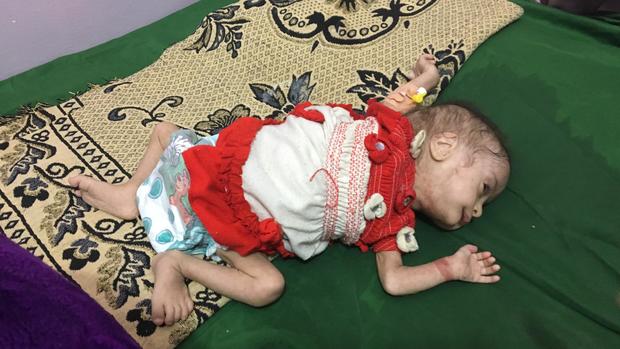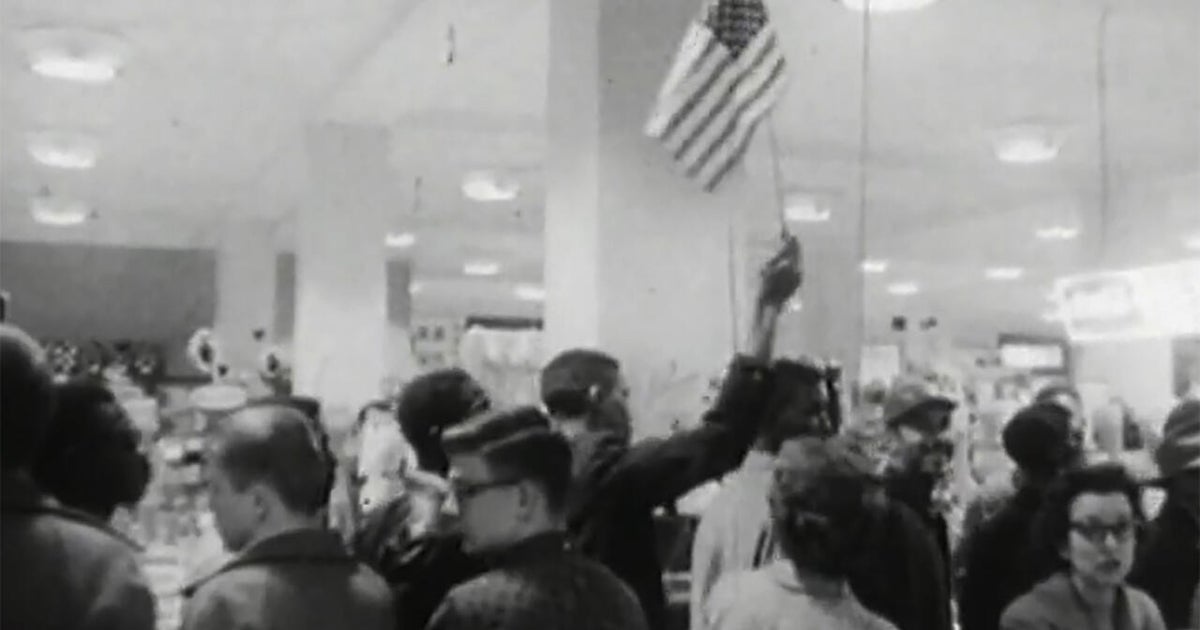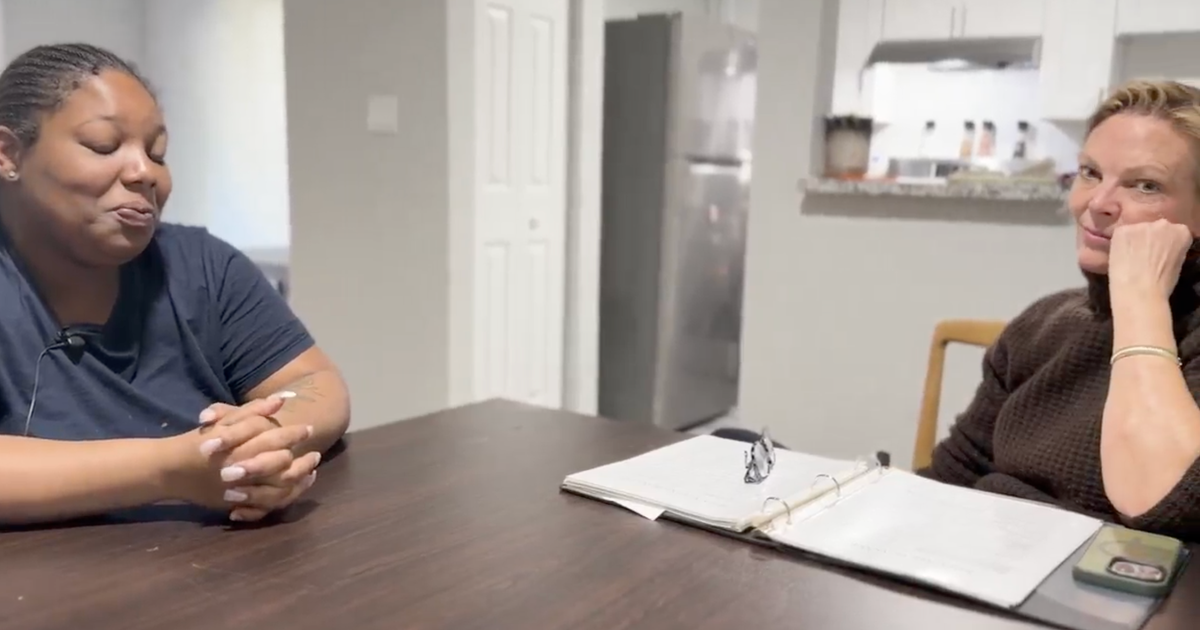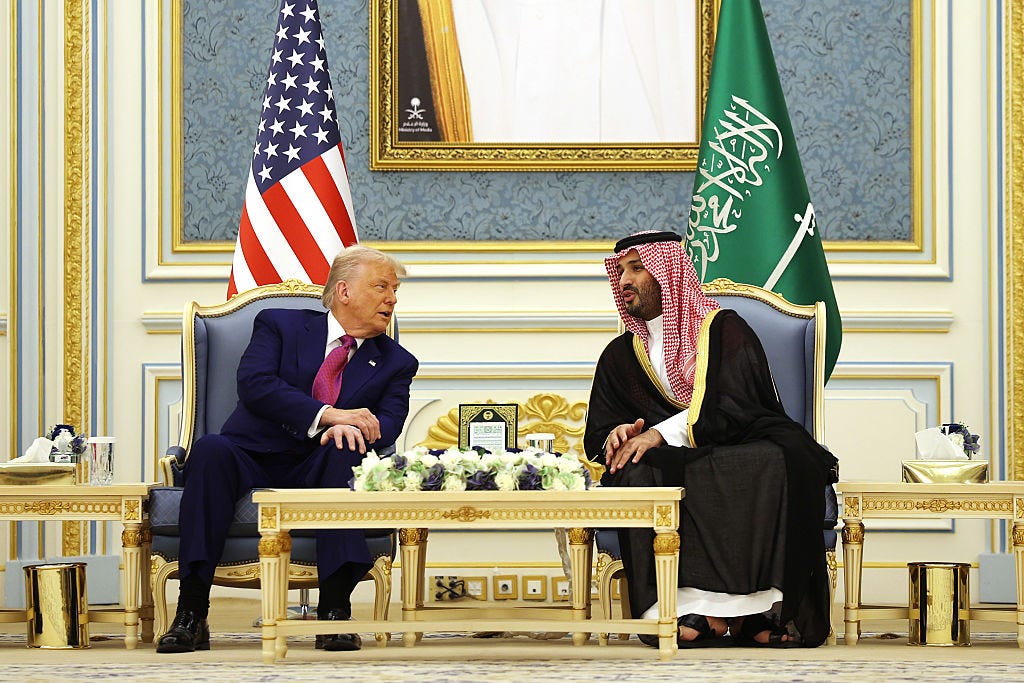Yemen ceasefire will come too late to help many starving children
Sanaa -- In Yemen, there could be a major move toward peace in a war that the U.N. says is fueling the world's greatest humanitarian crisis. A ceasefire is set to go into effect Tuesday in the key port city of Hodeida. Fighting between a Saudi-led coalition and Iranian-backed rebels has pushed millions to the brink of famine.
Elizabeth Palmer was the only U.S. network correspondent inside Yemen, and she traveled to a makeshift camp deep in rebel territory. She says that while the ceasefire is a first tentative step toward peace, it does nothing to get food or medical care to people who are desperate right now.
Assam is two years old, and he's so malnourished that he weighs just half what he should. Nurse Makia Ahmed Mehdi tries to feed him nutrition-packed paste, but he doesn't want it.
Why would he refuse food?
"He's vomiting," Mehdi explains to Palmer. He's so sick from malnutrition that his fragile body won't even keep the nutrients he needs down.
Mehdi says the little boy's muscles are so wasted that he can no longer walk.
There are 25 malnourished children, and their mothers, in the Aslam clinic. But many more never make it to the small outpost of mercy in Yemen's rugged northwest.
This is dry farming country, but venture off the main road and you see clusters of makeshift tents everywhere. At least 15,000 people have fled to the area after fighting and Saudi airstrikes destroyed their homes and their lives.
Nurse Mehdi introduces Palmer and her team to the people of al Guda camp, who crowd around the rare Western faces to show us their desperation. They're so short of food that they boil leaves to eat, even though it gives the children diarrhea.
They want to know why help isn't coming.
The aid agencies are trying heroically to scale up their operations, but they're facing huge obstacles; being blocked by fighting, not knowing exactly where the neediest people have taken refuge -- and bureaucracy.
One senior aid official told CBS News, for example, that the Houthis who control much of northern Yemen simply won't give them enough visas to allow skilled staff in to start the work.
Meanwhile, the need grows more acute every day. Mehdi tells Palmer that she can offer her compassion, but they need a whole lot more than that.






